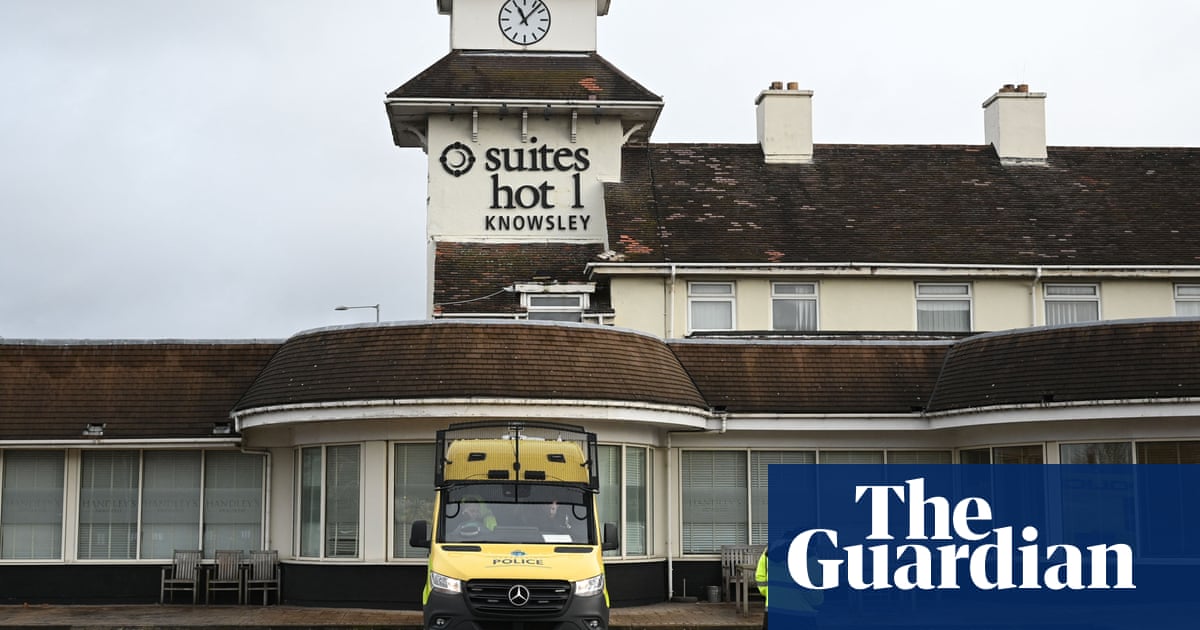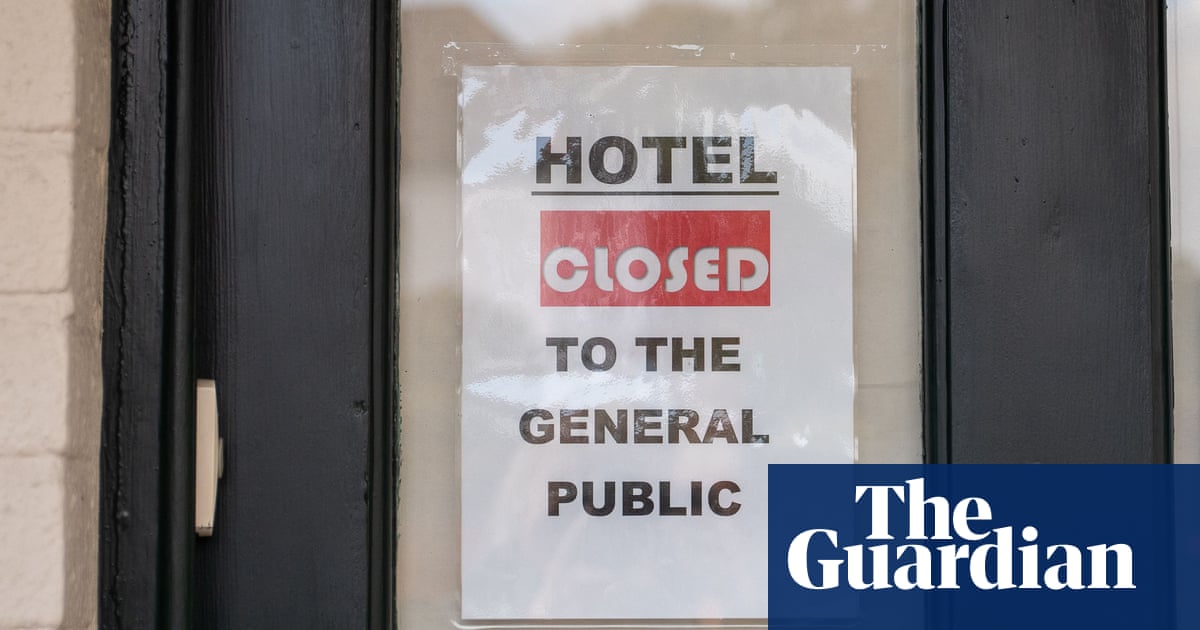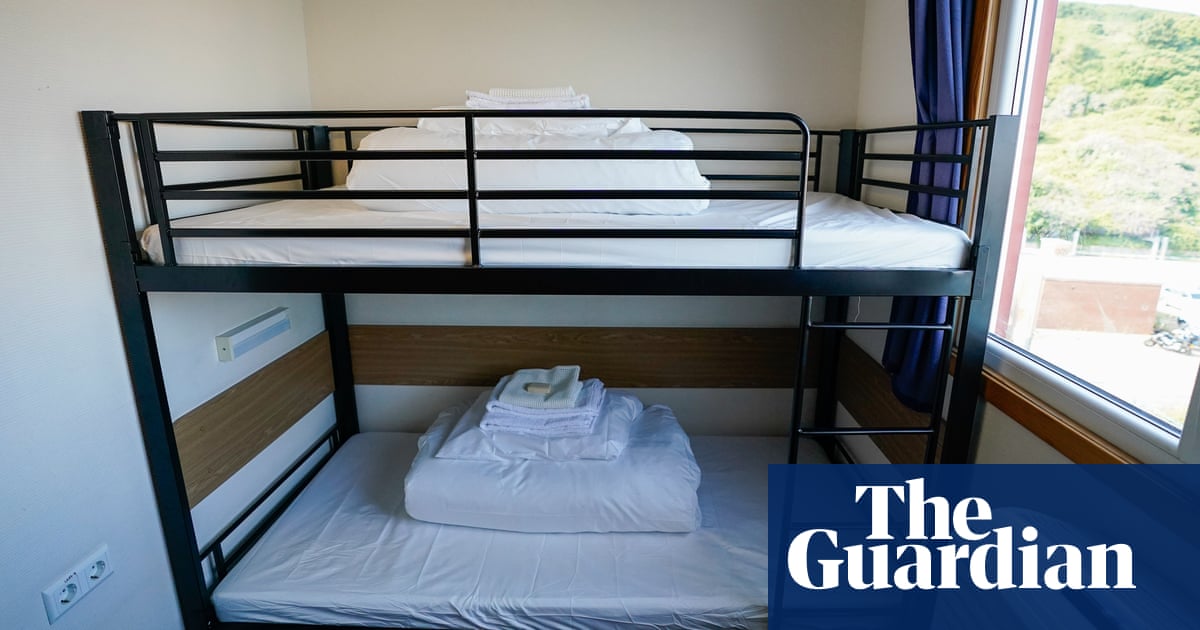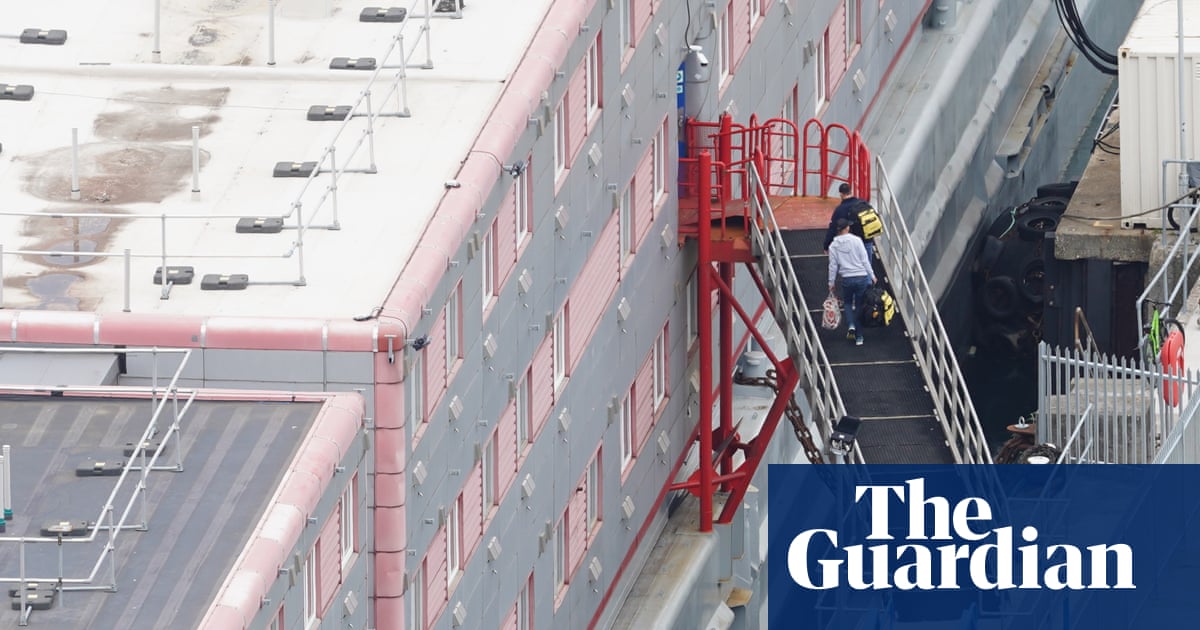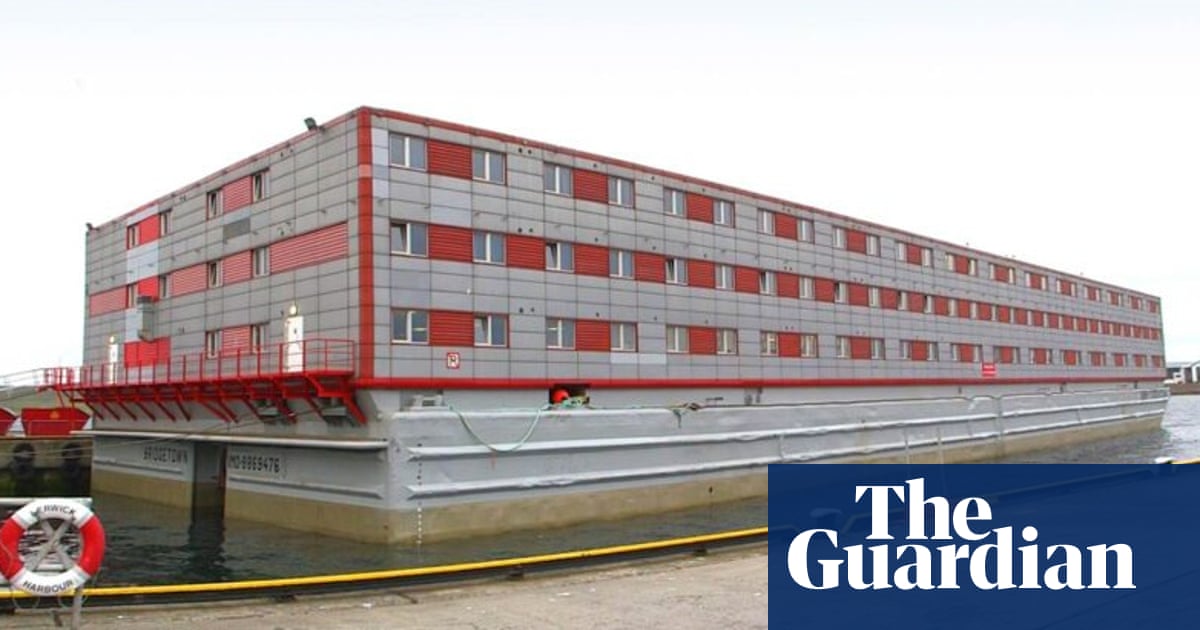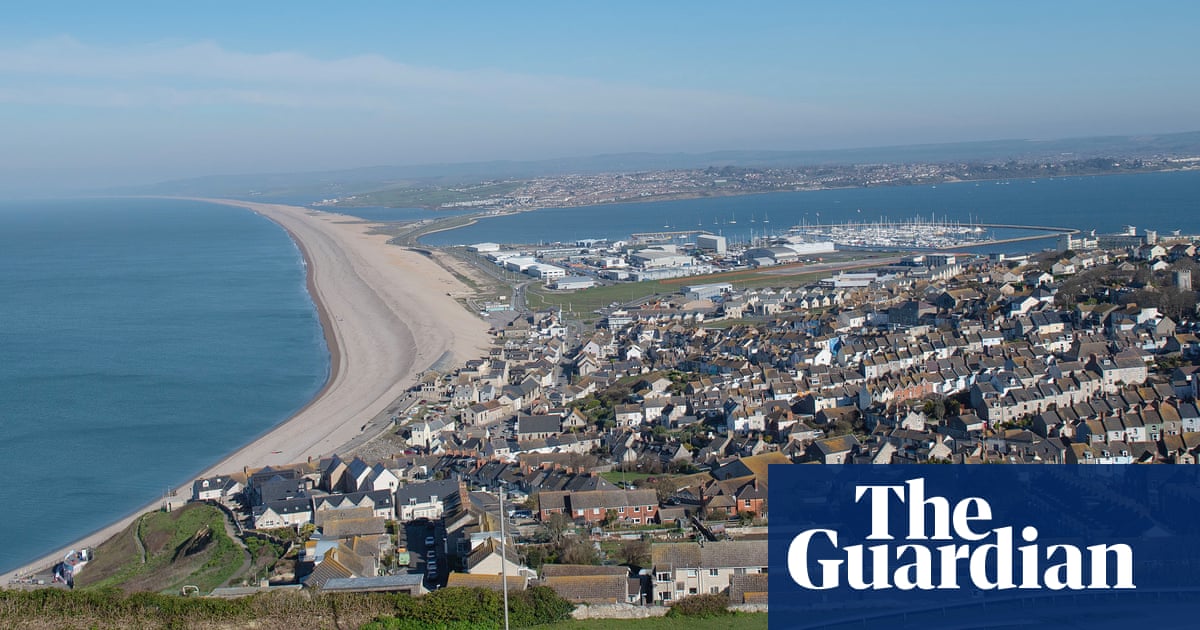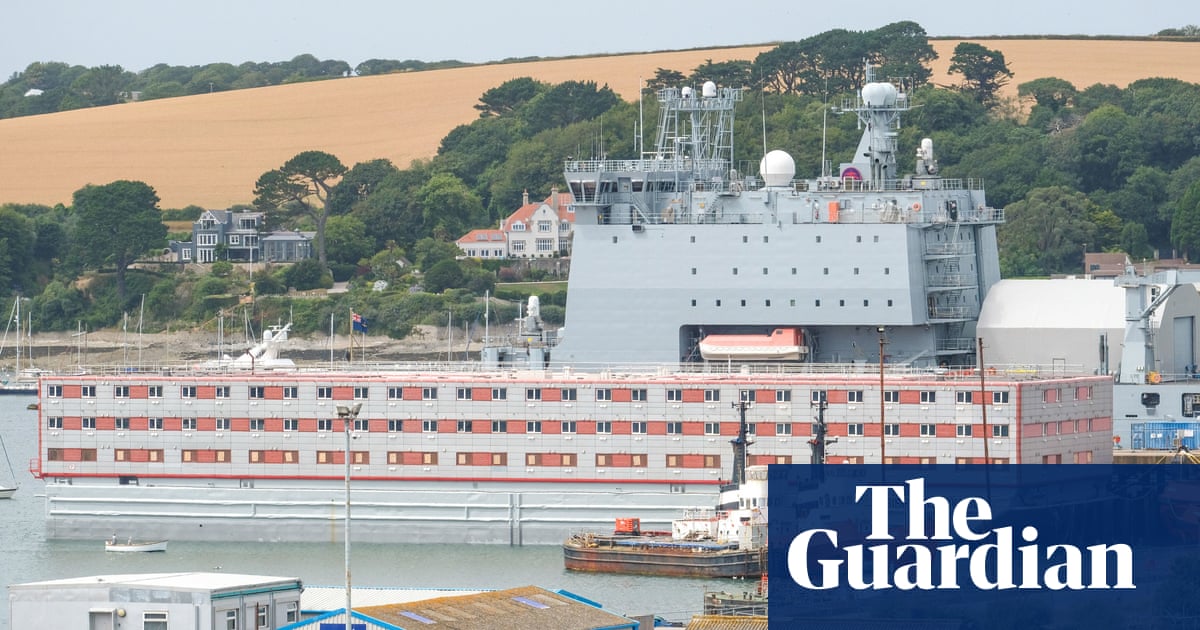
Controversial plans to house asylum seekers on a barge to reduce reliance on expensive hotels will save less than £10 a person a day, according to a report.
The report, Bibby Stockholm – At What Cost? from the NGOs Reclaim The Seas and One Life To Live, provides the first detailed estimated costings of the Bibby Stockholm, the barge the Home Office is planning to use in Dorset to accommodate asylum seekers.
It says the most generous saving the Home Office can make is £9.28 a person a day if they substitute hotel accommodation for barges. This figure is calculated without knowledge of certain costs such as inspections, repair and refurbishment.
While the Home Office has not published a detailed breakdown of the costs of securing and operating the barge as the UK’s first floating accommodation site for asylum seekers, officials have repeatedly said that the use of barges will reduce reliance on expensive hotels and cost less.
Nicola David of One Life To Live said: “The Bibby Stockholm will almost certainly be an additional cost and will therefore make no difference to either the cost of hotels or the number in use.”
The Bibby Stockholm was due to arrive in Portland in Dorset by 19 June but has not yet arrived there.
Like some other Home Office plans to provide alternatives to hotel accommodation for asylum seekers, the proposals encountered difficulties before a single asylum seeker has boarded the barge.
Plans to accommodate asylum seekers on a military base in Linton-on-Ouse in North Yorkshire were abandoned last minute after facing strong opposition from the local community and the constituency the Conservative MP Kevin Hollinrake.
Plans to accommodate asylum seekers at two other military bases – Wethersfield in north Essex and Scampton in Lincolnshire – are facing a high court challenge this week.
The report states that at most, the barge option could save £4,694 on the daily hotel bill of £5.6m – or 0.08% of the current spend and adds that if the Home Office was to publish the full costings there may be no financial saving at all.
The Home Office has said that the number of asylum seekers arriving in the UK was a “national emergency”.
The report’s authors argue that it would be much more cost-effective for the Home Office to spend the money on employing more asylum case workers to clear the record asylum backlog, which stood at 173,000 in March 2023.
David said: “We believe there is no ‘national emergency’ requiring the use of large-scale containment, other than of the Home Office’s own making due to the unprecedented backlog of asylum claims.
“Just one day’s £5.6m hotel bill could pay for about 150 new asylum claim decision-makers.”
While Portland has accepted having the barge docked there, other ports including in London, Birkenhead, Teesside and Tyneside have rejected requests from government to dock a barge.
The report points out that being forced to live on water could retraumatise asylum seekers who may have seen people with whom they travelled on small boats across the Mediterranean either go overboard or drown. Those unable to swim may be particularly fearful of living on water.
In a separate piece of research One Life To Live has discovered that Bibby Marine, the company the Home Office secured the Bibby Stockholm barge from, has historic links with the slave trade with at least three voyages in 1805 and 1806 transporting enslaved people from various parts of Africa to other parts of the world including the Caribbean.
The research calls on the company to be “on the right side of history” and not have people of colour on their barge living in difficult conditions.
A spokesperson for Bibby Marine said: “Those staying on the Bibby Stockholm will be provided with a quality, comfortable and safe place to stay. Services on board the vessel will be managed by Corporate Travel Management Limited (CTM) and its delivery partners on behalf of the Home Office. As a responsible business, the welfare of anyone on board our vessels is a key priority for us – we remain in continual dialogue with the Home Office, CTM and its delivery partners around how those service providers will ensure asylum seekers staying on board the vessel are treated with care and dignity.
“The Bibby Line Group was formed after the abolition of slavery and the company has never been involved in the transportation of slaves. In the books we published in 1969 and 2007, we set out John Bibby’s part ownership of transatlantic trading vessels, and the links of these to the transportation of slaves. More recently we have worked with academics to explore and report these connections in more detail. We retain a zero-tolerance approach to modern slavery in line with our values.”
The Home Office has been approached for comment.





